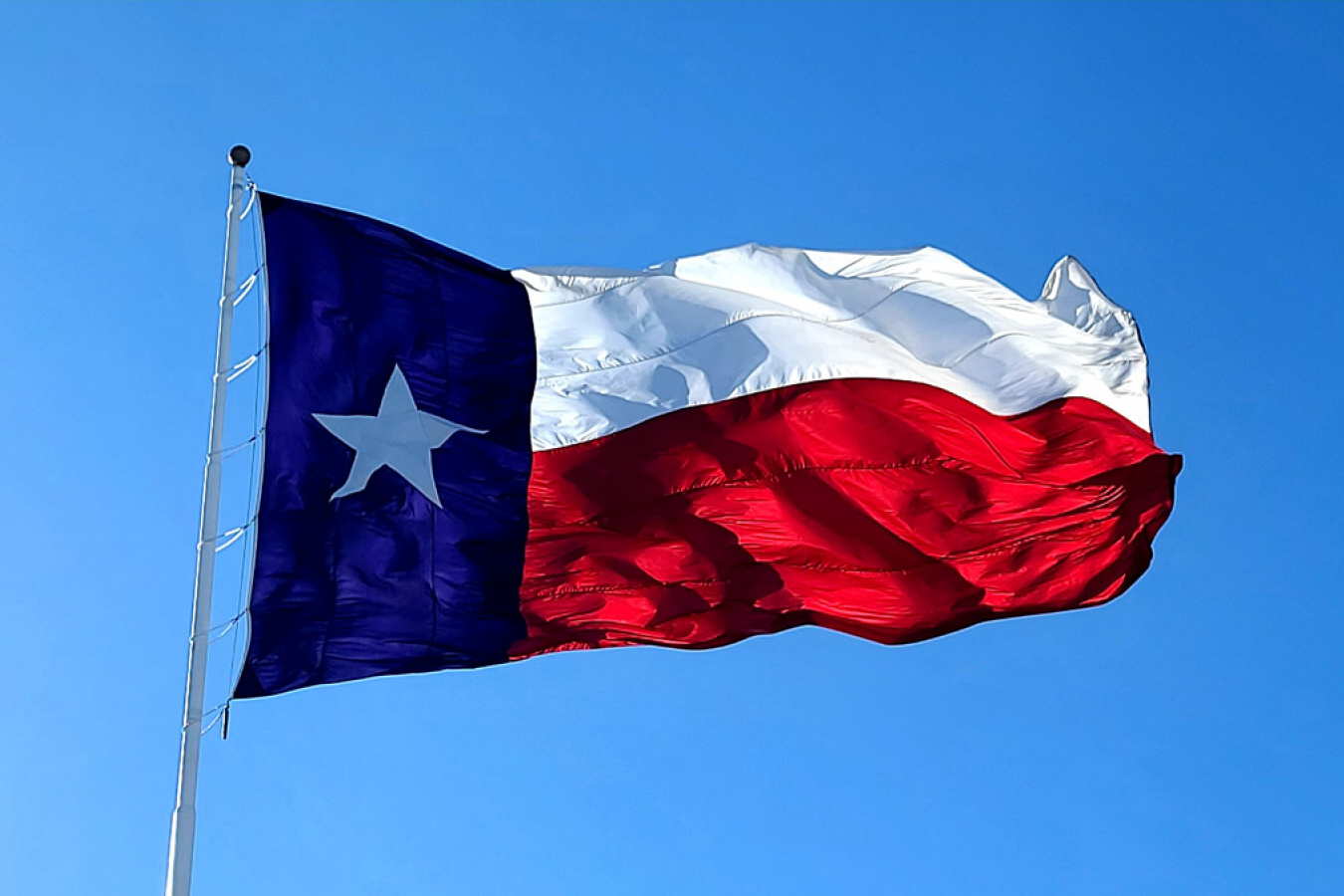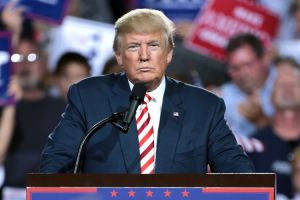texas-flag.jpg

Photo by Pete Alexopoulos on Unsplash.
Support migrant centric journalism today and donate

A Texas-led lawsuit to defend a Trump-era US immigration policy, reported on by Workpermit.com, has been thrown out by the Supreme Court. The Court refused to hear a case that sought to uphold a Trump-era ‘public charge’ rule that would limit how many immigrants qualify for US green cards.
The Supreme Court moved to dismiss the lawsuit, stating that it ‘needs an opinion from a lower court first’. The case presented before the courts stems from a decision by the Trump administration to widen the definition of the term ‘public charge’ in 2019.
Trump’s broader definition included non-US citizens who rely, or were deemed likely to rely, on benefits such as Medicaid, food stamps housing assistance and prescription drugs, as a public charge.
Government assistance programs
Under current US laws, a public charge is classified as any non-US citizen who is likely to become ‘primarily’ dependent on specific government assistance programs – meaning programs that make up more than half of their overall income.
Immigrants who are deemed to be a public charge cannot be granted a US green card, which provides a pathway to US citizenship.
In March, the Biden administration announced that it would no longer be defending the Trump-era policy in court, and dropped appeals originally filed by the Trump administration in several courts.
In 2019, a New York-led coalition filed a federal lawsuit against the Trump administration that sought to block the expanded public charge rule. After a judge ruled in favor of the plaintiffs, the Trump administration appealed to the US Court of Appeals for the 2nd Circuit, which also ruled in favor of the coalition.
The second ruling was then appealed by the Trump administration in the Supreme Court, which had agreed to review the case prior to Biden instructing the Department of Homeland Security (DHS) to drop the appeals.
Public charge blocked
In 2020, in a separate challenge to the New York lawsuit, a challenge led by Cook County, Illinois led to the extended public charge rule being blocked by the US Court of Appeals for the 7th Circuit.
DHS Secretary, Alejandro Mayorkas, said: “The 2019 public charge rule was not in keeping with our nation’s values. It penalized those who access health benefits and other government services available to them.”
In March, Texas and 13 other American states filed a lawsuit in the 7th Circuit, which sought to uphold Trump’s expanded US immigration public charge rule. The lawsuit argued that the Biden administration had rescinded it ‘without following the Administrative Procedure Act’.
The Attorney General for Texas, Ken Paxton, claimed that without Trump’s rule ‘the USA’s Medicaid budget and other vital services will explode and be spread too thin, costing taxpayers millions more and reducing the quality of service provided.
Lower court opinion
After the 14-state coalition’s lawsuit was thrown out by the 7th Circuit, they took their case to the Supreme Court. However, the decision of America’s highest court was not to take up the case, at least until a lower court weighs in.
Workpermit.com can help with US employment-based visas
If you would like to apply for a US work visa – including L1 visas, E2 visas, O1 visas and H1B visas - Workpermit.com can help.
Workpermit.com is a specialist visa services firm with over thirty years of experience dealing with visa applications. We can help with a wide range of visa applications to your country of choice. Contact us for further details. You can also telephone 0344 991 9222.




















